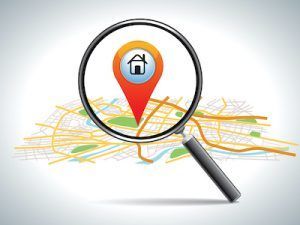What is an Appraisal Waiver and Should I Be Using It?
In some cases, an appraisal waiver can save you time and money in the mortgage process. While they aren’t for everyone, it’s important to consider all of your options as this could be a good fit for your particular circumstance.
What is an appraisal waiver?
When you’re buying or refinancing a property, your lender will typically reach out to an independent appraiser who visits your home. They look at it inside and out, analyze the neighborhood, review home sales from nearby, and more. Essentially, they’re looking to better understand the risks of helping you buy or refinance a house. An appraisal waiver can help streamline and speed up the loan approval process, which can be a huge relief in areas where it’s harder to find an appraiser (since this can drag out the process longer than necessary).
With an appraisal waiver, the loan is underwritten without hiring an appraiser, and the lender assesses the property instead. Appraisal waivers weren’t very popular until the coronavirus pandemic, and now we’re seeing them all the time (since obviously we don’t want strangers in our homes at the moment). During Covid-19, an appraisal waiver is definitely the safer, healthier option.
What are the benefits of an appraisal waiver?
The first (and biggest) benefit we see from appraisal waivers is the cost of savings. As a home buyer, you’re responsible for paying any up front costs of the appraisal, which is a big chunk of change that could cut into your savings or down payment. A waiver allows you to close your mortgage in a shorter amount of time, and eliminates the time it would take to schedule the appraiser, work around their schedule, and wait to get the results. The waiver is especially handy if you have a quick closing date, since that wait time can vary from several days to weeks.
Who’s eligible for an appraisal waiver?
To receive an appraisal waiver, you must be a strong borrower with an excellent credit score, and be able to prove your available assets. The home also has to meet certain qualifications, like specific LTV ratios based on the type of property. It’s important to note that an appraisal waiver can be denied if the lender has a reasonable belief that an appraisal is necessary. Since appraisal waivers are continually reviewed and edited, speaking with a mortgage lender is the best way to understand if you qualify.
What factors should I consider before moving forward with an appraisal waiver?
Before going with an appraisal waiver, make sure you understand your rights and what the consequences would be of not having an appraisal done on your home. If the evaluation of your home turns out to be lower than the price you purchased it at, you’ll have negative equity moving forward. In other words, a home buyer cannot hold the lender liable for incorrect valuations if an official appraisal hasn’t been completed.
If you think you need to get in touch with a mortgage lender, you’re in the right place! We’re your one stop shop to handle all your mortgage needs. Whether you are a first time home buyer or purchasing a multi-million dollar home, Ken Venick has over 30 years of experience in the mortgage loan business and can put you in the right mortgage loan product for your unique needs. See what services are available to you, and contact us online today!
The post What is an Appraisal Waiver and Should I Be Using It? appeared first on Owings Mills & Lutherville Mortgage.










Are You Ready to Get the Ball Rolling on Your Mortgage?
Get in Touch With a Mortgage Expert
NMLS# 150953
© 2024 All Rights Reserved | Luminate Home Loans, Inc.

